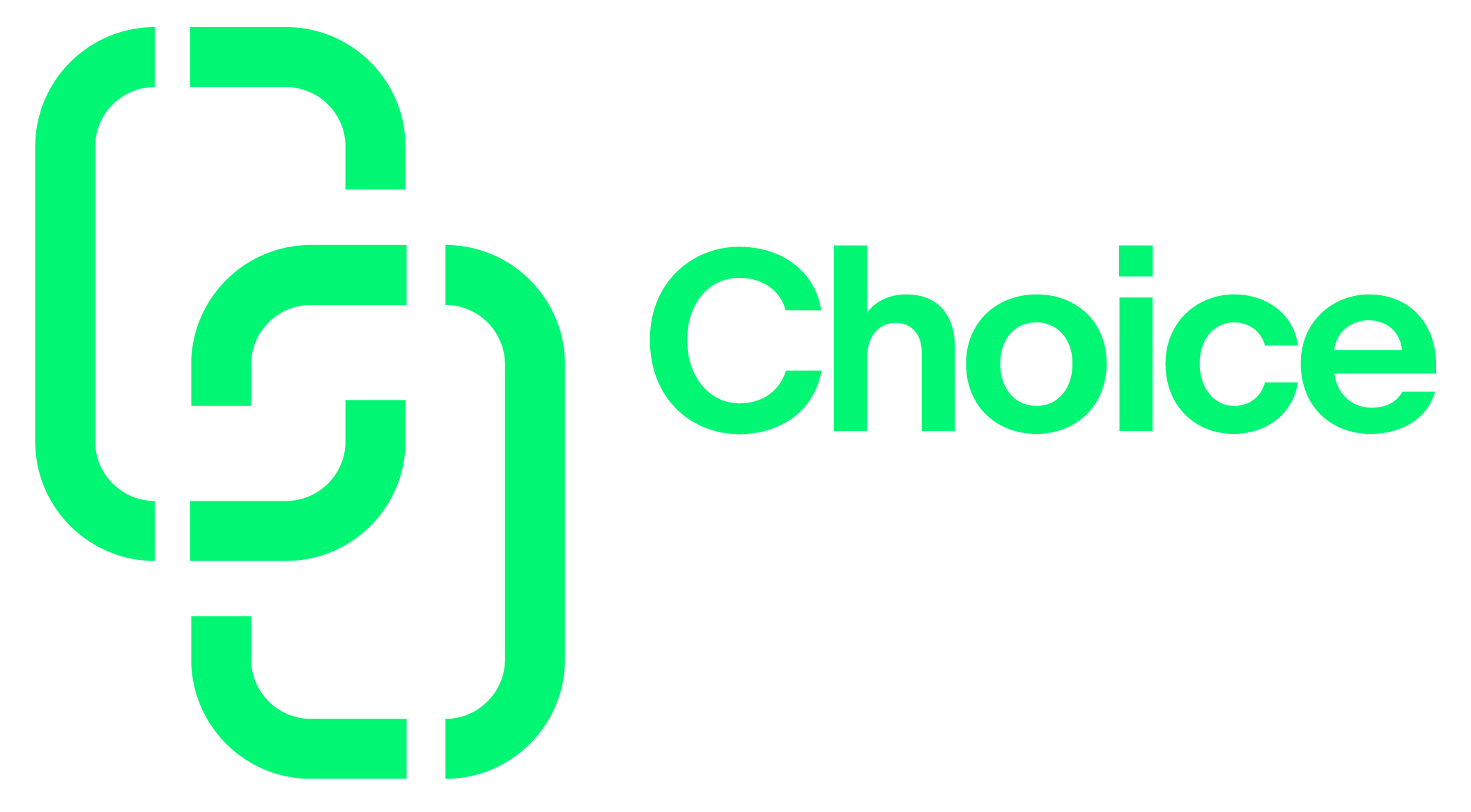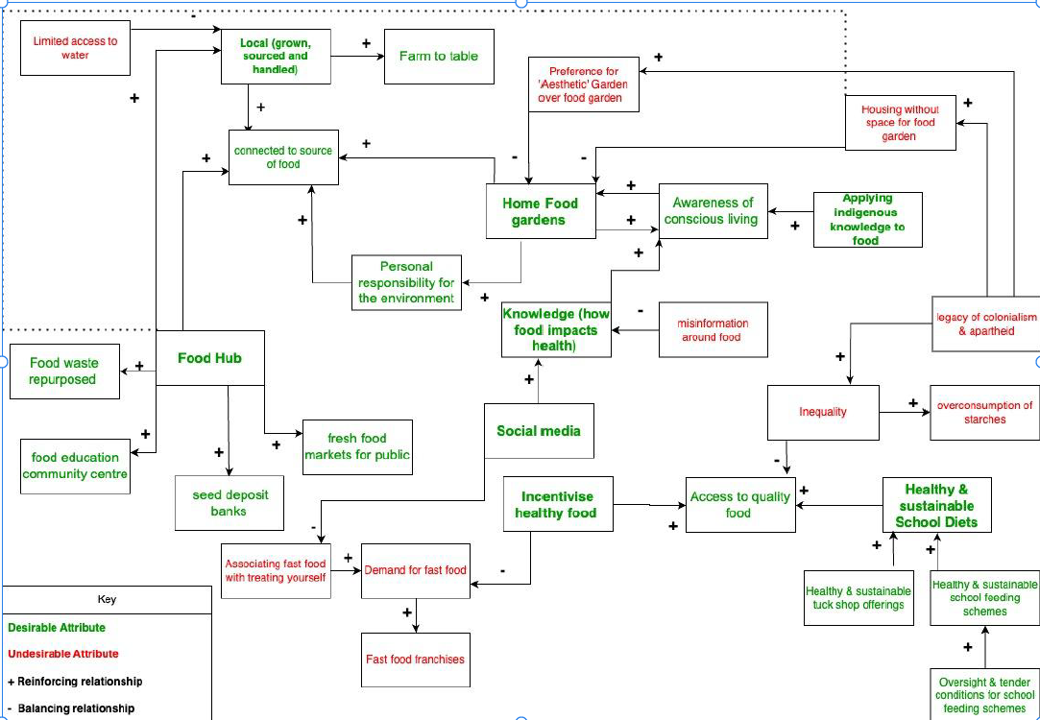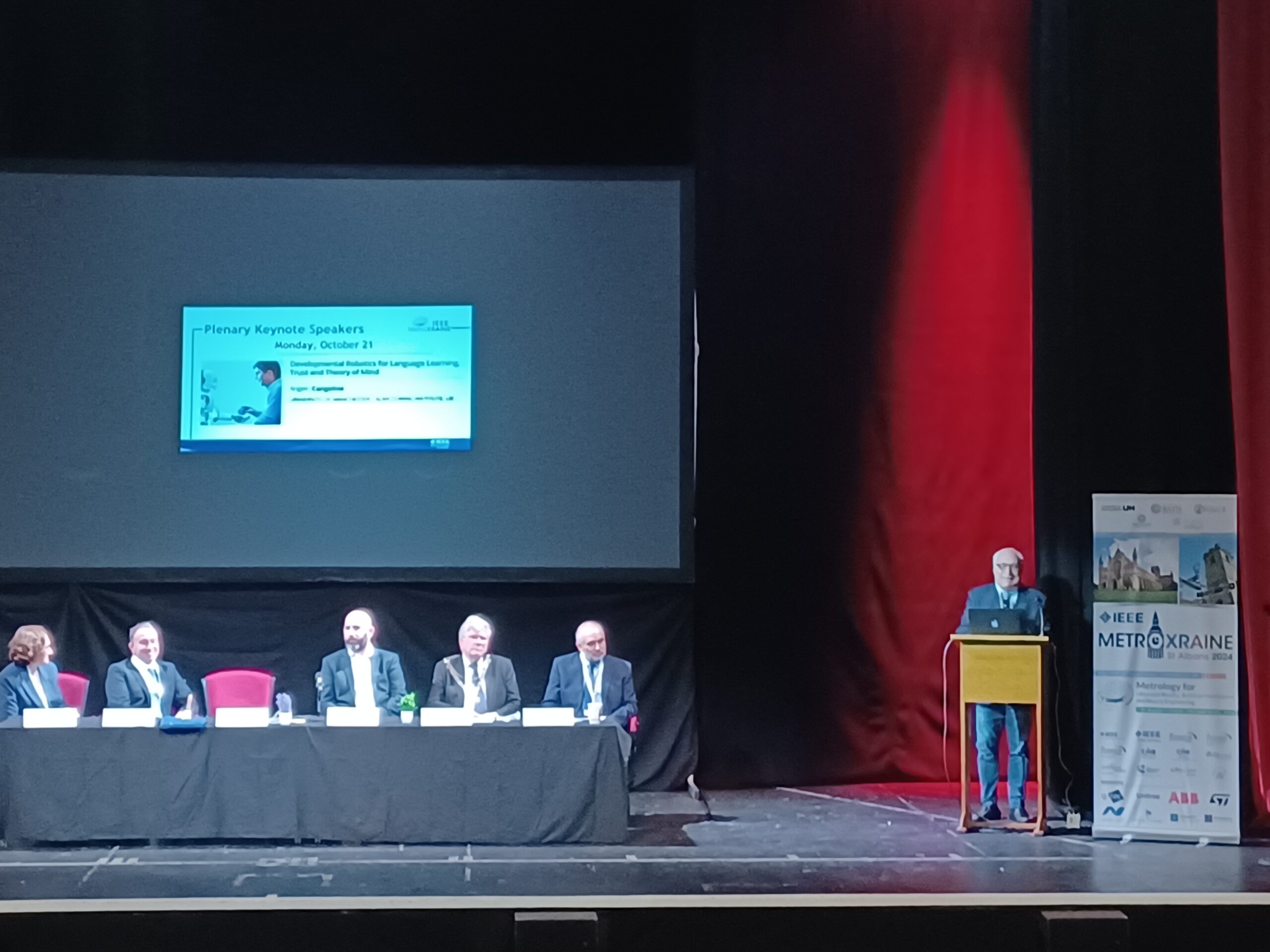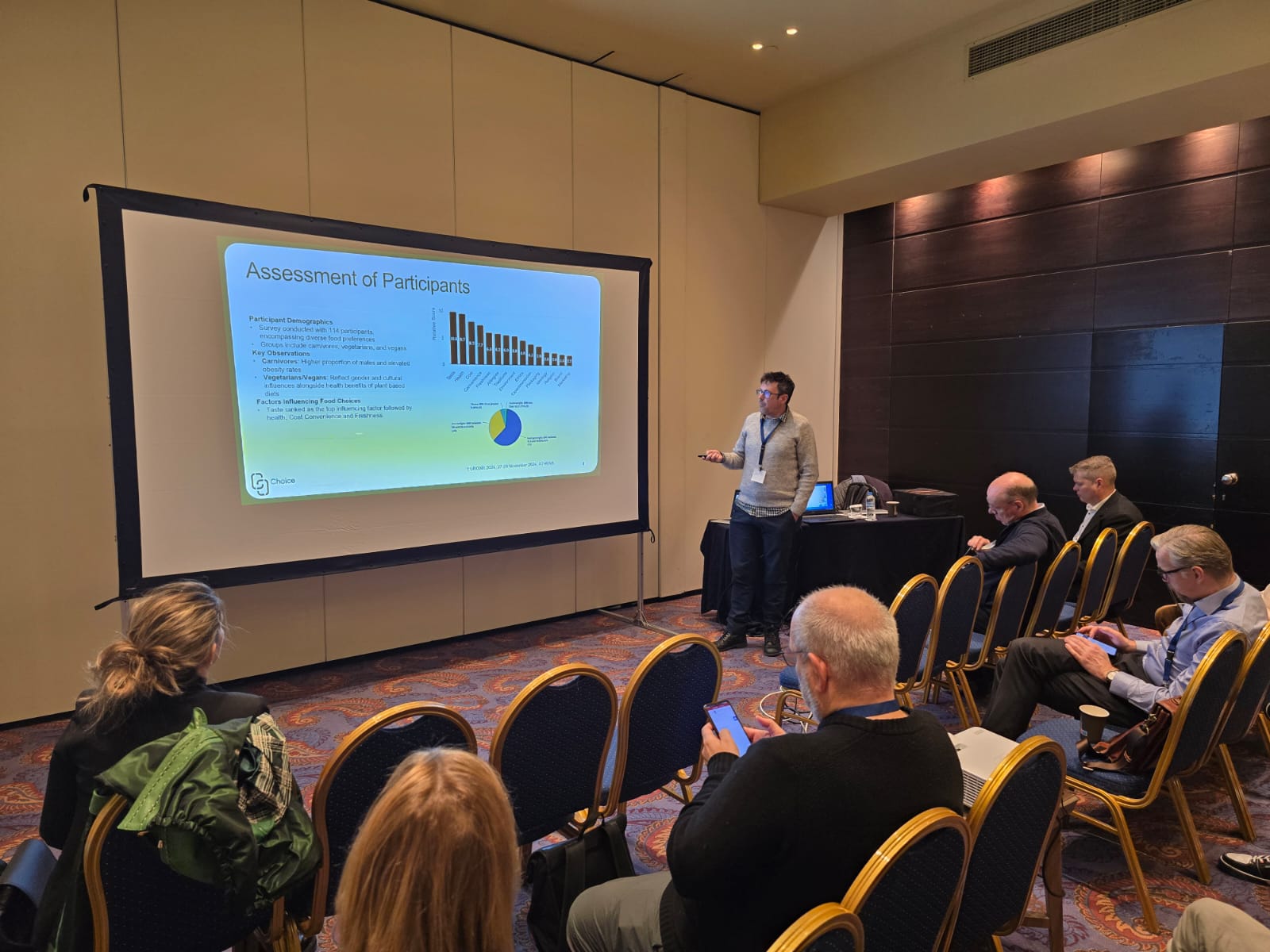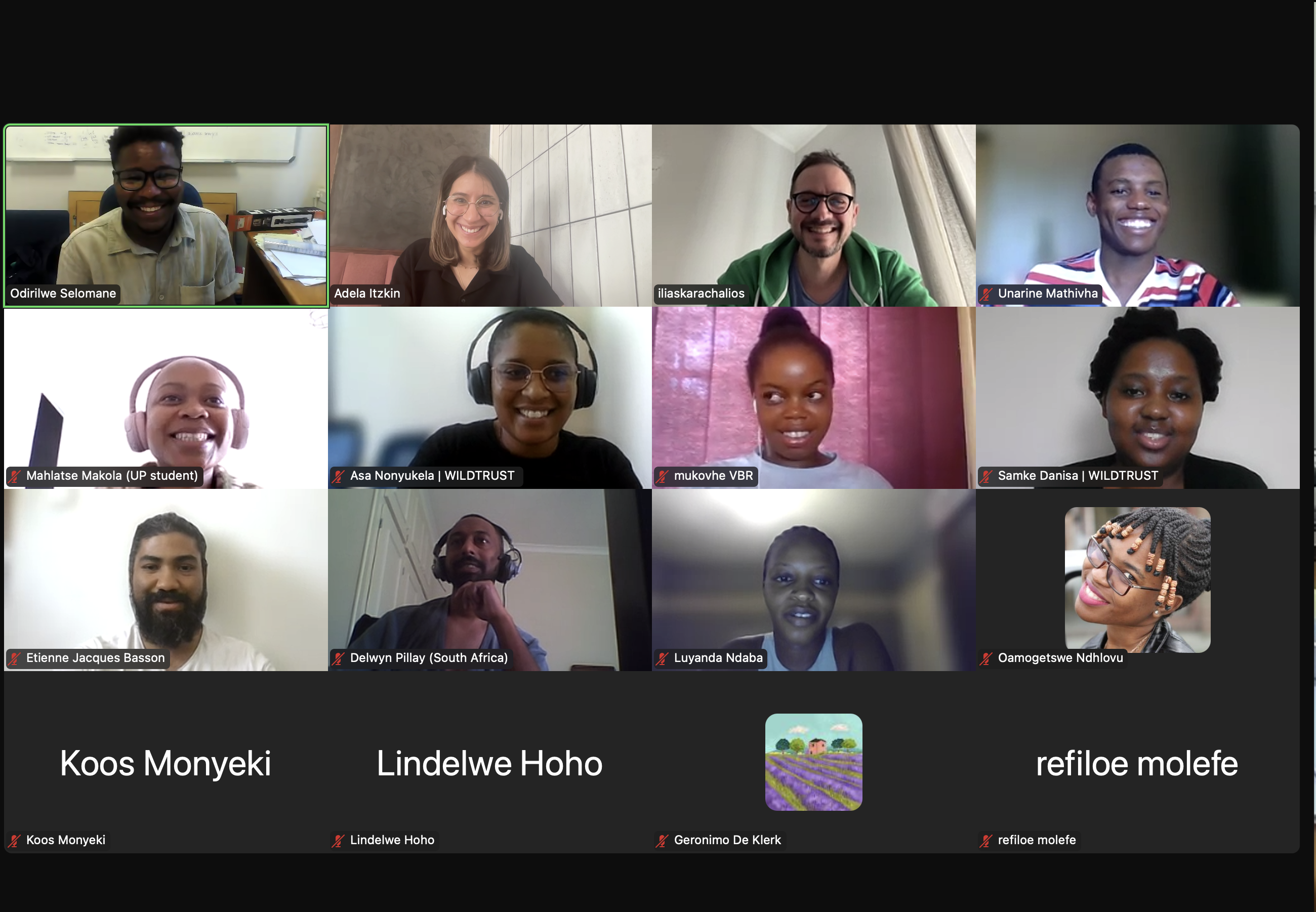
Building on Momentum: Youth Collaborate to Shape Sustainable Food Campaigns in South Africa
CHOICE continued its journey toward sustainable food system transformation in South Africa with the second Participatory Lab, held online on February 7, 2025. The session brought together 18 youth representatives from across the country to validate and refine strategies developed during the first lab and to co-design future actions that support healthier diets and food waste reduction.
Led by the University of Pretoria, which coordinates the South African pilot, this lab was the second in a series of three participatory sessions aimed at engaging youth as key changemakers. The workshop marked a pivotal step in developing the upcoming CHOICE Campaigns, with participants contributing to the mental mapping of food choices and identifying interventions to support behavioral change.
Objectives of the Second Lab
The second participatory lab was designed to build on the outcomes of the initial session and further align campaign strategies with the South African context. The event focused on achieving the following objectives:
- Validate the refined version of the mental map and the main outcomes of the first lab.
- Update the main components of the large-scale campaigns, including conversion types, media channels, target groups, and key messages.
- Reach consensus on the lab’s problem statement, which reflects the central aim of the pilot: Adopt healthier, sustainable diets and reduce food waste.
- Develop future visions that correspond to local food system challenges.
- Set the ground for the CHOICE Experiments to be conducted in the next stages of the South African pilot.
Evolving the Mental Map: From Insights to Action
The session began with a recap of the first lab’s outcomes, followed by a presentation of the initial Mental Map—a systems-thinking tool that visualizes connections within the South African food system, built using the Three Horizons Framework. Participants collaboratively refined this map, identifying current challenges, desired futures, and emerging opportunities already present in their communities.
- Key insights included:
- Colonial legacies and economic inequality continue to hinder access to nutritious food.
- Fast food consumption is culturally associated with self-reward, reinforcing unhealthy habits.
- Lack of access to land and resources limits the adoption of home food gardens.
- Cultural preferences for aesthetic over edible gardens further reduce household food production.
By revisiting these factors, participants co-identified leverage points to shift the food system toward more inclusive and sustainable practices.
Food Hubs and School Diets: Catalysts for Sustainable Change
Among the interventions discussed, food hubs emerged as a central proposal. Envisioned as community spaces for accessing fresh food, learning, and reducing waste, food hubs were considered the most influential lever for transforming food systems at the local level. Participants recommended establishing hubs in diverse community settings such as schools, places of worship, and universities, supported by sponsors and awareness campaigns.
In parallel, strategies to improve school diets were highlighted, including the development of nutrition-based procurement guidelines, stronger policy oversight, and greater involvement of parents, dietitians, and local leaders. The integration of school gardens into wider food hub models was also proposed.
Social Media and Youth Influence: Shaping Narratives, Driving Action
The lab emphasized the importance of digital engagement in influencing food choices, especially among young people. Participants co-developed ideas such as:
- Social media challenges promoting healthy, sustainable eating,
- Localized recipe content to support behavior change,
- Partnerships with student groups, influencers, and sports clubs to broaden campaign reach.
These actions reflect the CHOICE project’s commitment to engaging diverse actors and embedding behaviorally informed tools into its campaign design.
Insights from the CHOICE Experiments Scoping Survey
As part of the behavioral research phase, participants completed a short survey on the “Food Appearance Leads to Waste” scenario.
Key results included:
- All participants rated healthy food as a high priority (either 4 or 5 out of 5),
- Despite awareness of food waste, only a small percentage regularly purchase imperfect but edible produce,
- The most frequently purchased items included bananas, apples, pears, tomatoes, onions, and spinach.
These insights will contribute to the design of behavioral research components tailored to the South African context.
Looking Ahead: Preparing for the Final Lab and Campaign Launch
The third and final participatory lab is scheduled for April 3, 2025, where the CHOICE team will finalize campaign strategies and engagement tools based on youth-led inputs. These co-developed materials will form the foundation of the South African pilot campaigns launching in August 2025.
By amplifying youth voices and integrating local knowledge, CHOICE aims to foster lasting shifts toward healthier, more climate-resilient food systems.
Learn more here about the South African Pilot and stay engaged as CHOICE continues to empower youth to lead the way toward a more sustainable future in South Africa!
